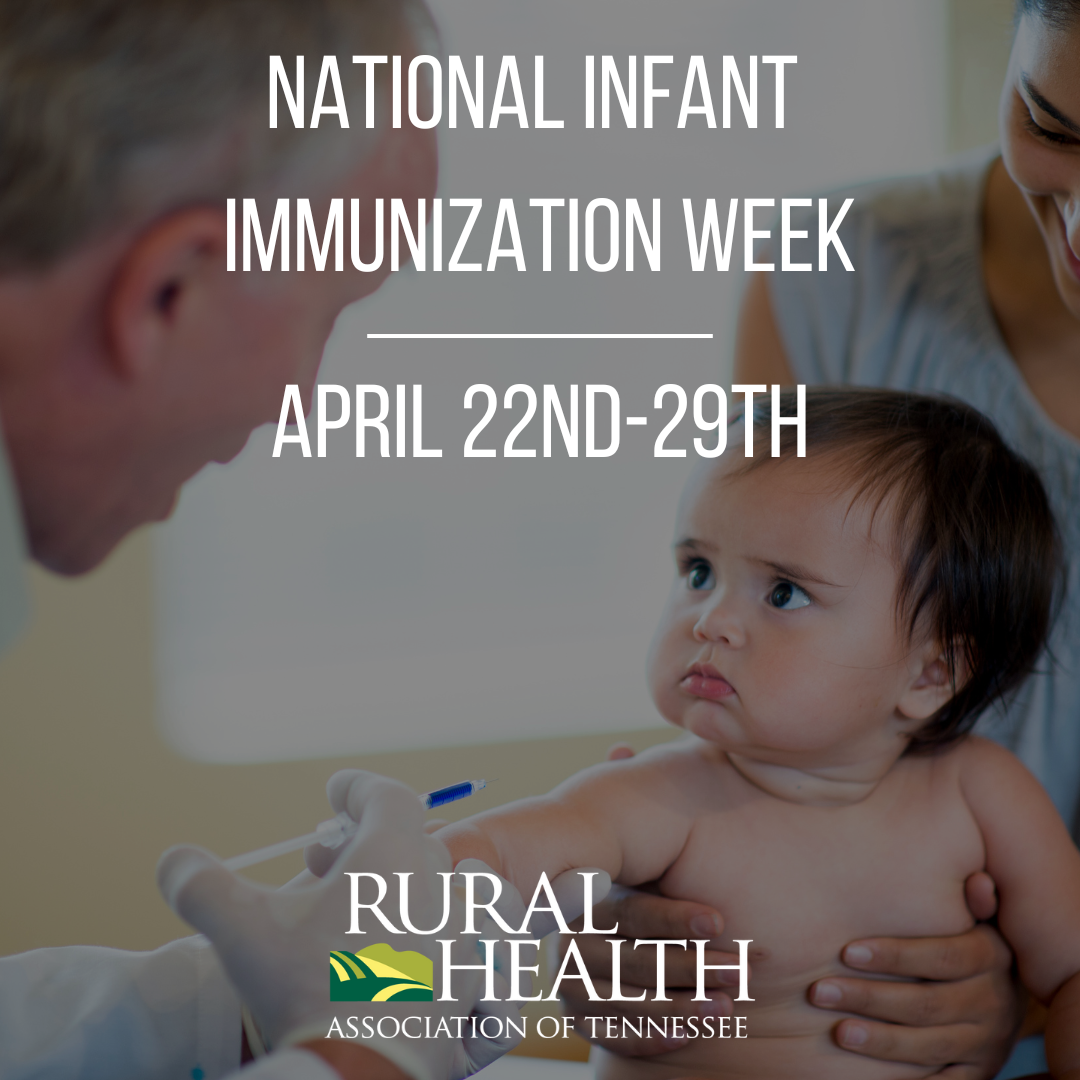 National Infant Immunization Week (NIIW) is a vital campaign that emphasizes the significance of timely vaccination for infants and young children. Immunization during early childhood is crucial for protecting against vaccine-preventable diseases, safeguarding individual health, and promoting community immunity. NIIW provides a dedicated platform to raise awareness about the importance of infant immunization, educate parents and caregivers about vaccination schedules, and encourage healthcare providers to prioritize immunization efforts.
National Infant Immunization Week (NIIW) is a vital campaign that emphasizes the significance of timely vaccination for infants and young children. Immunization during early childhood is crucial for protecting against vaccine-preventable diseases, safeguarding individual health, and promoting community immunity. NIIW provides a dedicated platform to raise awareness about the importance of infant immunization, educate parents and caregivers about vaccination schedules, and encourage healthcare providers to prioritize immunization efforts.
One of the primary objectives of National Infant Immunization Week is to ensure that infants and young children receive the recommended vaccines according to the Centers for Disease Control and Prevention (CDC) guidelines. Vaccination schedules are carefully designed to provide protection against a range of infectious diseases, including measles, mumps, rubella, polio, pertussis, and influenza. By adhering to these schedules and ensuring that infants receive their vaccinations on time, NIIW helps prevent the spread of vaccine-preventable diseases and reduces the risk of outbreaks in communities.
NIIW also serves as an opportunity to address common misconceptions and concerns about childhood vaccines. Through educational campaigns and outreach efforts, NIIW aims to debunk myths surrounding vaccine safety and efficacy, provide evidence-based information to parents and caregivers, and build confidence in vaccination as a critical public health intervention. By promoting accurate information and fostering open dialogue, NIIW helps empower parents and caregivers to make informed decisions about their children's health.
Furthermore, National Infant Immunization Week highlights the importance of partnerships and collaboration among healthcare providers, public health agencies, community organizations, and families. By working together, these stakeholders can develop strategies to overcome barriers to immunization, improve vaccine access and delivery, and reach underserved populations. Through coordinated efforts such as vaccination clinics, outreach events, and educational campaigns, NIIW aims to ensure that all infants and young children have equitable access to life-saving vaccines, regardless of their socioeconomic status or geographic location.
Another critical aspect of NIIW is its role in promoting long-term public health goals, such as disease eradication and elimination. Vaccination has played a pivotal role in the control and eradication of diseases such as smallpox and polio, demonstrating the immense impact of immunization on global health outcomes. NIIW reinforces the importance of maintaining high vaccination coverage rates to prevent the resurgence of vaccine-preventable diseases and protect vulnerable populations, including infants who are too young to be fully vaccinated.
In conclusion, National Infant Immunization Week is a vital initiative that underscores the importance of timely vaccination for infants and young children. By raising awareness, addressing concerns, promoting partnerships, and advocating for equitable access to vaccines, NIIW helps protect individual health, prevent disease outbreaks, and advance public health goals. As we continue to navigate the challenges of infectious diseases, NIIW serves as a reminder of the critical role that immunization plays in safeguarding the health and well-being of future generations.

